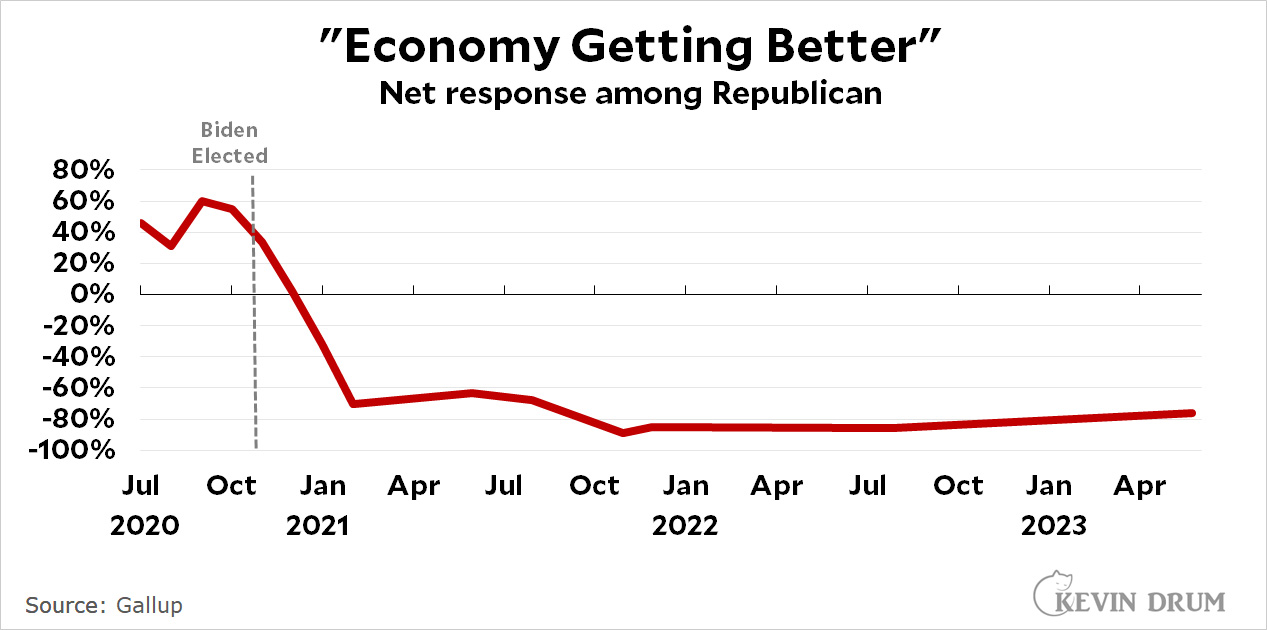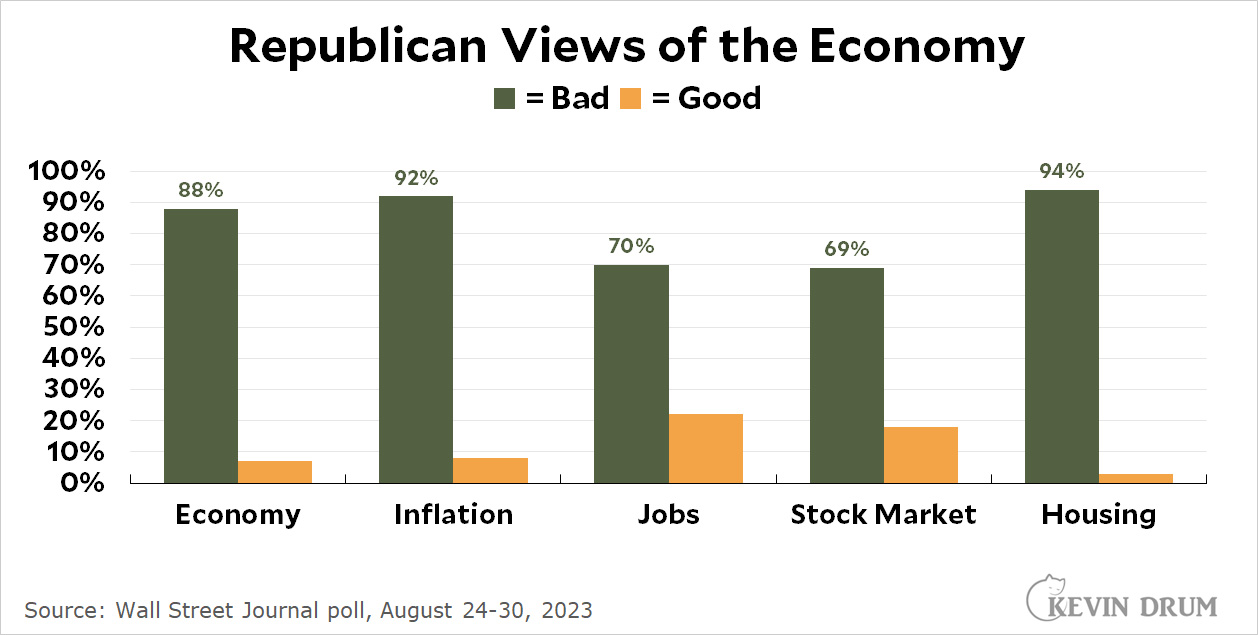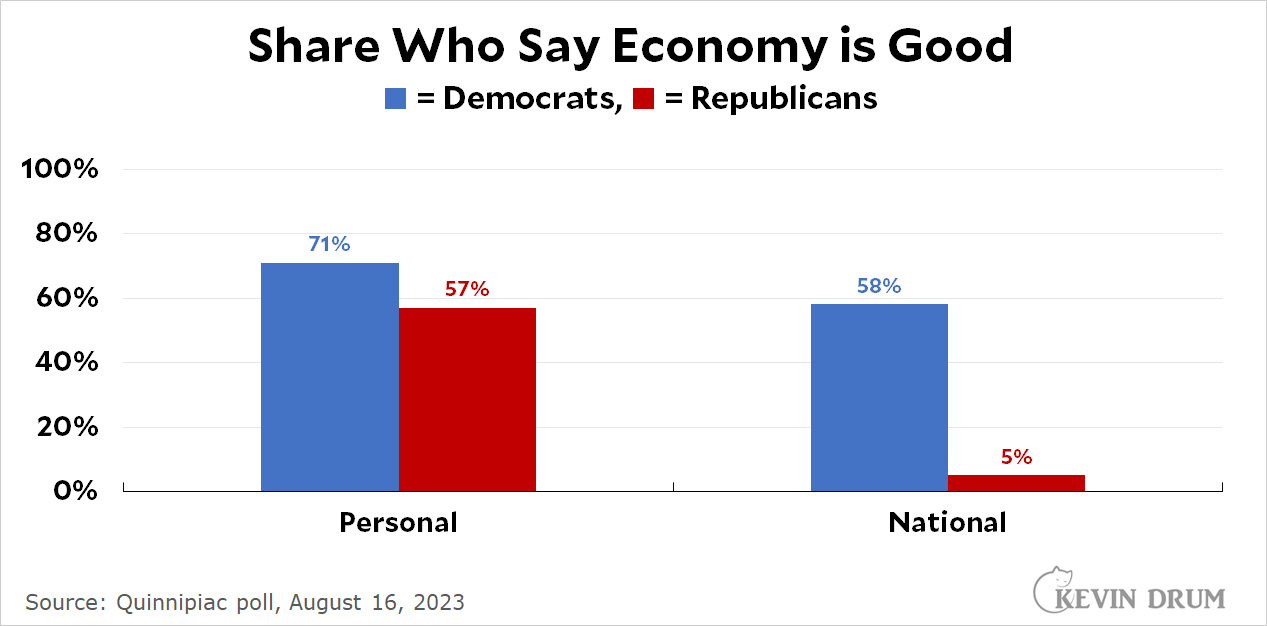The American Association of University Professors has issued a new policy that supports the mandatory use of "DEI statements." These are written accounts by faculty members of how they advance the goals of diversity in the workplace, often used as part of the decision to promote or grant tenure:
Since the 1990s, many universities and colleges have instituted policies that use DEI criteria in faculty evaluation for appointment, reappointment, tenure, and promotion, including the use of statements that invite or require faculty members to address their skills, competencies, and achievements regarding DEI in teaching, research, and service.
....Some critics contend that such policies run afoul of the principles of academic freedom. Specifically, they have characterized DEI statements as “ideological screening tools” and “political litmus tests.”
I don't think DEI statements infringe on academic freedom any more than, say, a required statement about how you try to be an effective teacher. With or without them, professors remain free to say anything they want, including the opinion that DEI statements are stupid.
My problem is wholly different: I think it's clear DEI statements are a charade that strips the dignity from everyone involved. Nobody takes these statements seriously and everybody knows it, but grown men and women are nevertheless forced to submit vapid boilerplate to any committee with power over their careers. Not only is this vaguely humiliating, it sends an active message that it isn't really something to be taken seriously. Just check the box and move on.
But there's another problem too:
 In the past two decades the share of Black professors has barely budged, increasing a grand total of 0.8 percentage points. Considering that the overall Black population share has also increased by 0.8 points during the same period, this is essentially zero progress.
In the past two decades the share of Black professors has barely budged, increasing a grand total of 0.8 percentage points. Considering that the overall Black population share has also increased by 0.8 points during the same period, this is essentially zero progress.
In other words, whatever else you can say about them, DEI statements clearly aren't doing much good. Insisting on a transparent charade is bad enough, but insisting on one that doesn't even work makes no sense at all.






 Core CPI increased a bit to 3.8%. On a year-over-year basis, CPI came in at 2.4% and core CPI at 3.3%.
Core CPI increased a bit to 3.8%. On a year-over-year basis, CPI came in at 2.4% and core CPI at 3.3%.



